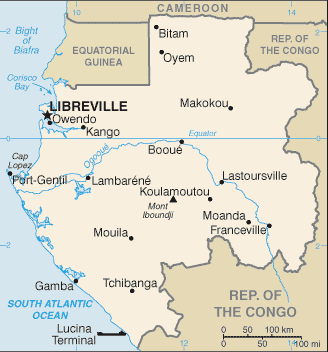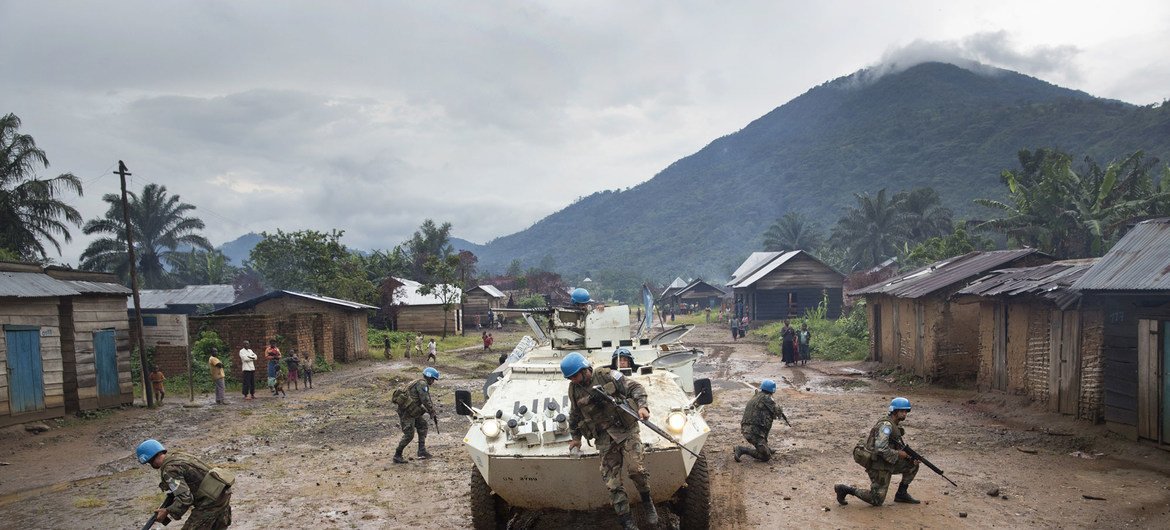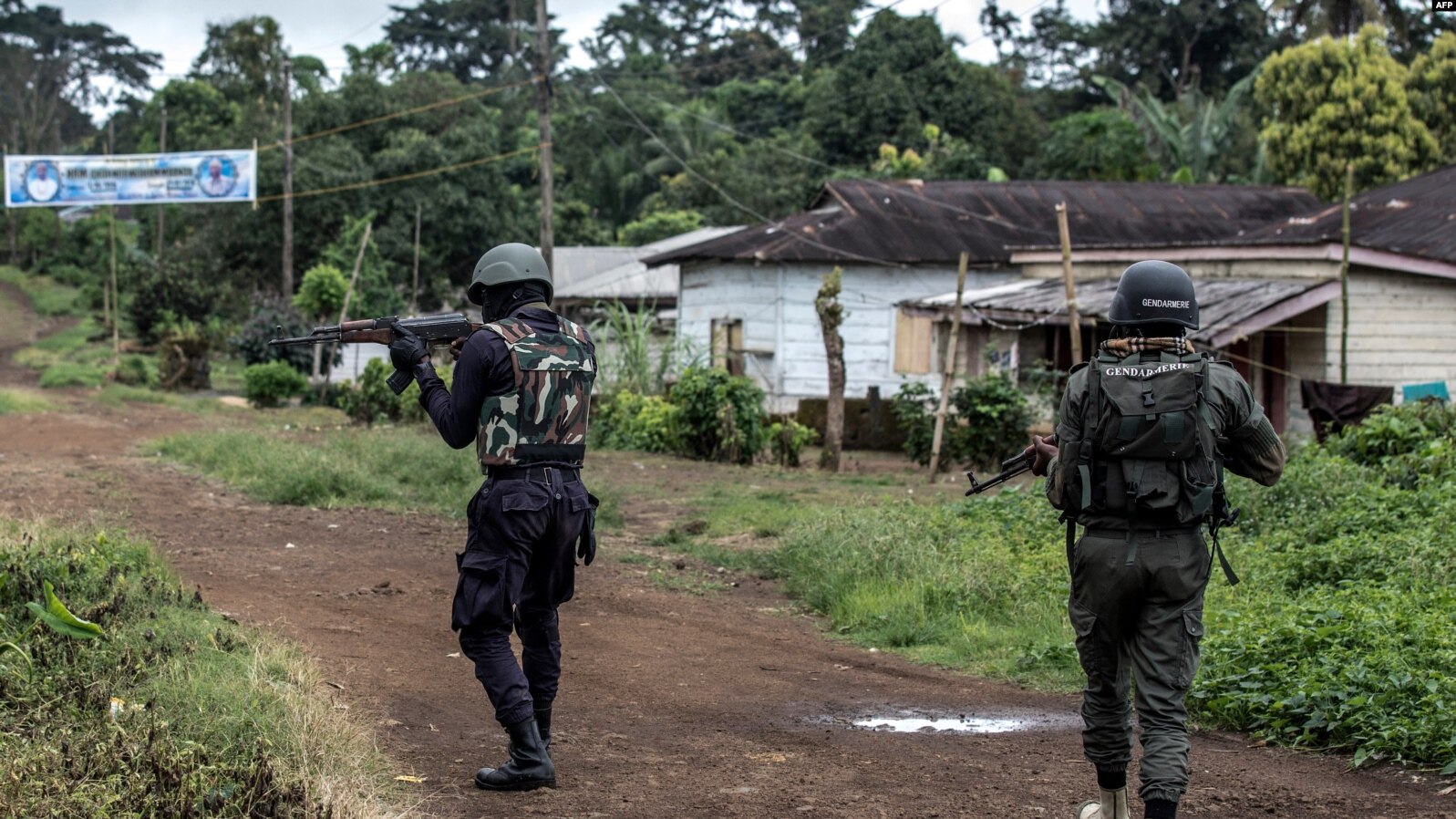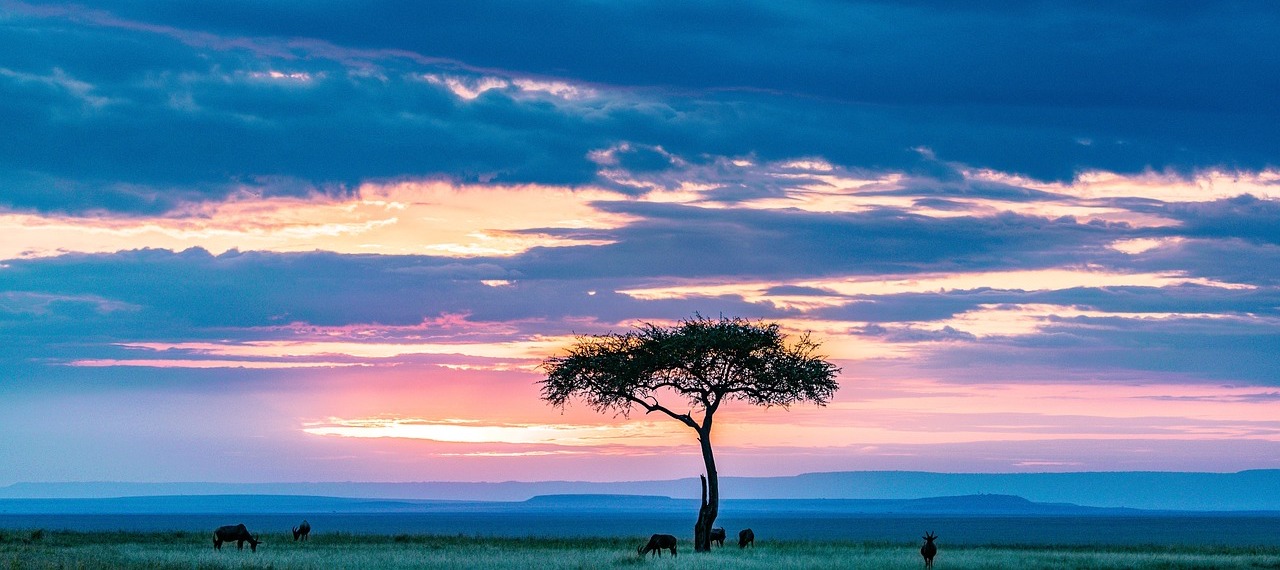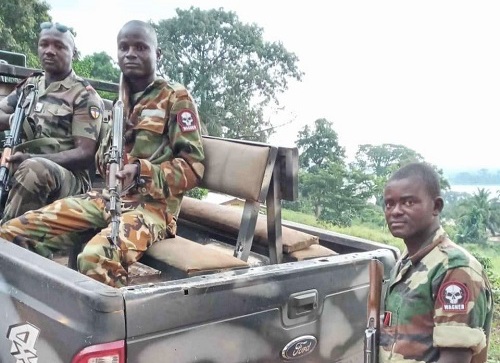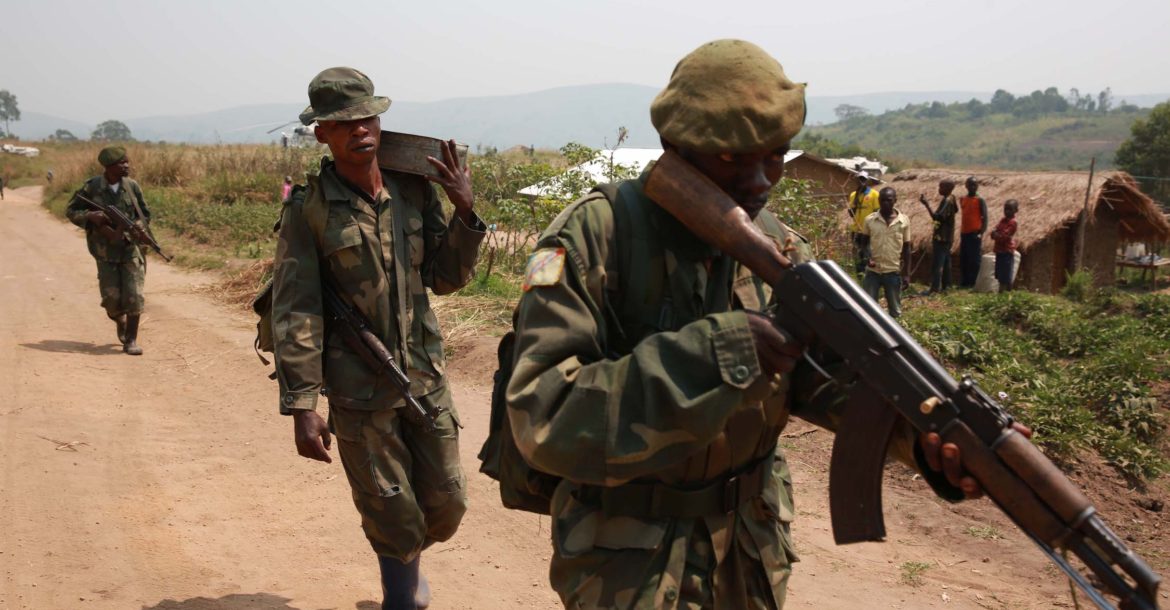
DR Congo expels peacekeepers
The Congolese government has said a regional peacekeeping mission will have to leave the country by December. The force was deployed by the East African Community (EAC) bloc last year amid an insurgency by the M23 rebel group, which is backed by Rwanda. Kinshasa wanted the force to militarily engage the M23, but that proved tricky given that Rwanda is an EAC member state. Fighting between the M23 and pro-government militias has intensified, rupturing a shaky ceasefire. More than 50,000 people have been displaced from their homes by the renewed fighting. (Photo: MONUSCO via Defense Post)



